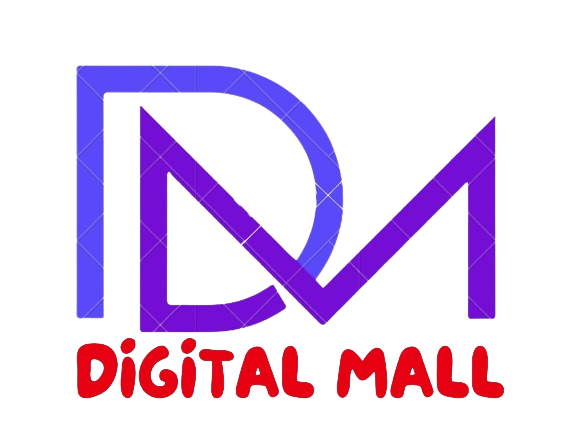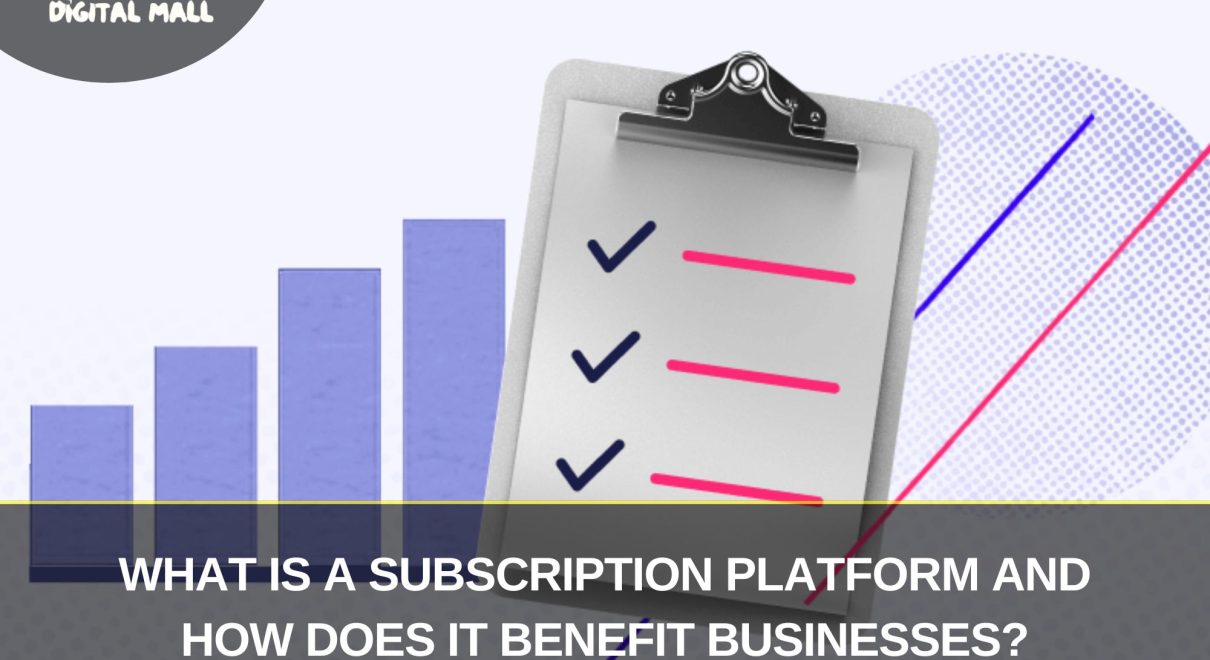Subscriptions power many services, from music streaming to meal kits. These use recurring payments rather than one-off purchases. Businesses of all sizes are embracing subscription models for predictable revenue streams, with the revenue from the global subscription economy projected. But handling these ongoing interactions can be complicated without the right tools. Subscription platforms can help manage recurring payments and customer relationships.
In this guide, we’ll examine what features are important for subscription platforms, how they handle payments, and how Digital Mall can help businesses manage subscriptions.
What is a subscription platform and how is it different from an app?
A subscription platform is designed to manage recurring billing and customer relationships across various channels. It brings different parts of your business—payment processing, user authentication, customer support, and data analytics—together in one place so you can run a subscription-based service without switching between different platforms. You can typically use a subscription platform to manage payment cycles, set user permissions, or create specialized pricing rules.
Subscription platforms can usually integrate with multiple external services, such as email marketing tools, analytics dashboards, and tax software. They tend to be highly flexible, with customization options for different subscription tiers or user experiences.
An app typically does specific tasks and lives on a phone or device, although there are also web-based apps. It often carries out a defined set of functions (e.g., streaming music) and is not usually able to integrate with other services or provide extensive customization options.
What kinds of businesses can benefit most from subscription platforms?
Beyond software and streaming entertainment, software models suit nearly every industry and any business that regularly delivers value. These are the business types that can benefit the most:
- Software-as-a-service (SaaS): Software companies often use subscription models to generate stable revenue and build closer relationships with customers. Instead of offering a one-time license, they charge monthly or annual fees that bundle ongoing updates with security patches and new features.
- Consumer goods: Physical subscription boxes—such as coffee clubs, cosmetics samplers, and meal kits—empower businesses to predict demand and encourage repeat sales. Customers enjoy the convenience of automatic restocks, while businesses can manage logistics with a consistent order volume.
- Digital content and media: Podcasters, online educators, and content creators use subscriptions to monetize their work. Offering exclusive content or early access behind a paywall can turn casual listeners or viewers into dedicated fans who regularly contribute.
- Professional services: Consultants, design agencies, and coaching organizations often use retainer-style subscriptions. Instead of billing per project, they collect a recurring fee for ongoing support.
- Healthcare and wellness: Medical providers, telehealth platforms, and fitness apps bundle services into monthly programs. A therapist might offer a set number of sessions per month, or a yoga instructor might charge a recurring membership fee to attend unlimited classes.
Get your own Website on monthly subscription basis
We’re just a message away—WhatsApp our consultant @ +92 346-240-9866



